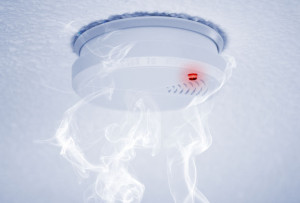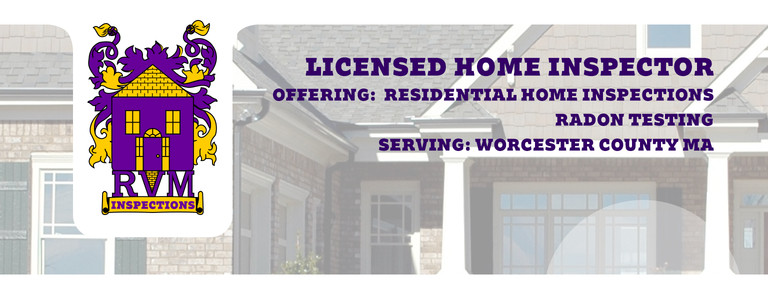 It’s a sad, but true fact. Each year, U.S. fire departments respond to hundreds of thousands of home fires, some involving injuries or deaths. That’s why we wanted to share some important fire safety tips to keep you and your family safe.
It’s a sad, but true fact. Each year, U.S. fire departments respond to hundreds of thousands of home fires, some involving injuries or deaths. That’s why we wanted to share some important fire safety tips to keep you and your family safe.
Most people don’t realize that in a home fire, smoke is often more dangerous than the fire itself. Smoke quickly obscures escape routes and makes it difficult to take in oxygen. Smoke also is dangerous because of the superheated air and toxic gases, which can permanently damage delicate tissues in the lungs. That is why a speedy evacuation is vital. You may have only seconds to get everyone out of the house in time. Don’t waste precious seconds on retrieving personal possessions.
More than half of all deaths from residential fires occur from 11 pm to 7 am, when most people are sleeping. If a fire should break out during nighttime hours, many people assume they will smell the smoke and get out in time. Yet fumes and gases resulting from a fire can make you sleepy, weak and confused. That’s why it’s so important to have fire detectors in every area of the home, to make sure batteries are changed regularly and to periodically check that the detector is working properly. It’s estimated that 60 percent of all house fire deaths occur in homes with no working smoke detector. The piercing sound of a detector can save your life! Test all smoke alarms at least once a month by pressing the test button to be sure the alarm is working. Replace all smoke alarms when they are 10 years old. Make sure you have smoke alarms inside each bedroom, outside each sleeping area and on every level of the home, including the basement.
Fires can start in any area of the home and can be caused by smoking, candles, grilling, faulty heating or electrical equipment and cooking. Home fires are more likely to start in the kitchen than in any other room in the home. Carefully monitor what you’re doing when you cook. Never throw water onto a kitchen fire arising from spilled grease or oil. You could spread the flames and also place yourself in extreme danger of incurring serious burns. Use a fire extinguisher instead. Each home should have one or more fire extinguishers, and you should make sure you know how to use them quickly in an emergency.
Do you have a fire evacuation plan? All family members should know what to do in the event of a fire. Conduct fire safety drills both at night and during daytime hours until all your family members know exactly what to do and where to go in the event of a home fire.








